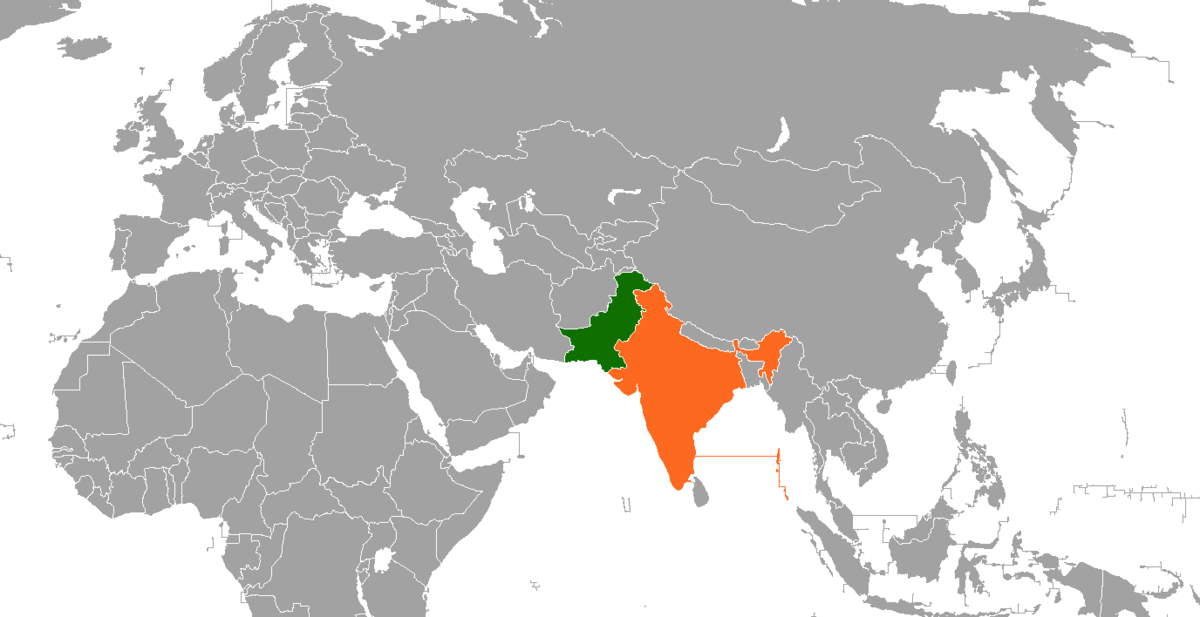
According to senior government officials, the restrictions on food, medicine, and other necessary provisions for Indian diplomats are not merely administrative actions but are perceived as a deliberate act meant to undermine the functioning of India's diplomatic mission in Pakistan. Sources within the Indian government have described the move as "pre-mediated," accusing Islamabad of breaching international diplomatic norms. The restrictions have also been interpreted as a clear violation of the Vienna Convention on Diplomatic Relations, a 1961 treaty that ensures the protection and dignity of diplomats and their missions worldwide.
The Vienna Convention obligates host nations to guarantee the safety, well-being, and functioning of foreign diplomats. This includes allowing unhindered access to essential supplies and maintaining the decorum expected of diplomatic facilities. India’s Foreign Ministry has expressed its dismay at Pakistan's actions, urging Islamabad to revert to international standards of diplomatic conduct. The Indian response comes amid an already strained relationship, with the two countries frequently clashing over various geopolitical issues, such as the Kashmir dispute and border skirmishes.
The diplomatic standoff has intensified with each country accusing the other of fostering a hostile environment. Pakistan has countered by claiming that India’s diplomatic staff has been engaged in activities that undermine Pakistan’s security. Islamabad further argues that the measures taken are a response to the alleged harassment and intimidation faced by Pakistani diplomats in India, who have long raised concerns about their safety and freedom of movement.
While these diplomatic tensions are hardly new, the latest development marks an intensification that could have wider implications for the region. Experts suggest that Pakistan’s actions may be a calculated attempt to pressure India into addressing grievances it has with its neighbour. However, India's stance on such matters remains firm, with senior officials warning Pakistan that these measures will have long-term consequences on the bilateral relationship.
The ongoing dispute over Kashmir remains a central issue in the deteriorating ties. Both nations claim the region in full but administer it in part, leading to years of military confrontations and diplomatic stand-offs. Despite efforts by international mediators to broker peace, both India and Pakistan have been unable to resolve the issue satisfactorily. The Kashmir conflict is further complicated by the presence of nuclear weapons on both sides, which has made the international community particularly wary of any actions that could escalate into full-scale conflict.
India has previously accused Pakistan of supporting terrorist groups operating in Kashmir, while Pakistan argues that India’s actions in the region, particularly since the revocation of Article 370 in 2019, have been designed to alter the region’s demographic composition and suppress its Muslim population. These disagreements have shaped the diplomatic relations between the two countries, leading to suspicions and hostilities that remain largely unresolved.
International reaction to the ongoing diplomatic row has been cautious. World powers, including the United States and China, have expressed concern over the rising tensions but have refrained from taking sides. The United Nations, too, has called for restraint, urging both countries to engage in dialogue and avoid actions that could lead to further instability in South Asia.
At the heart of the dispute lies the question of whether the diplomatic breakdowns between India and Pakistan can ever be repaired. The two nations, separated by a long and turbulent history, face the challenge of reconciling their conflicting narratives. For now, the diplomatic standoff continues to simmer, with both nations preparing for an uncertain future in their bilateral relationship.
